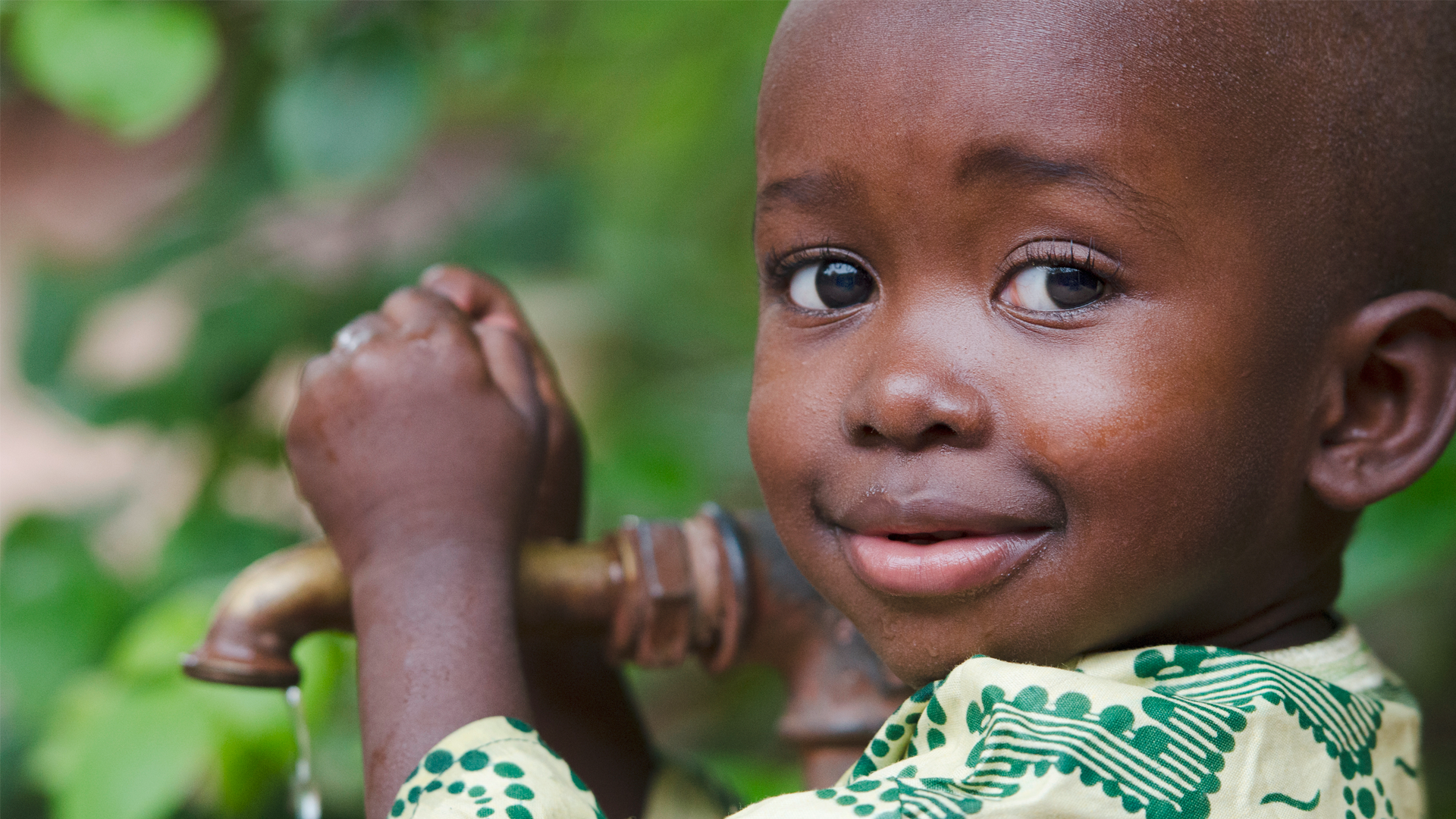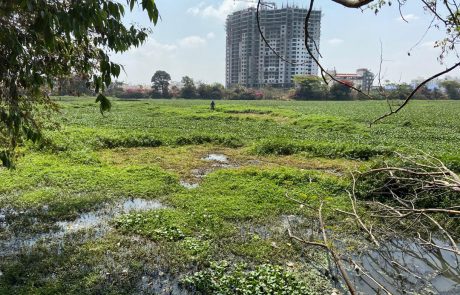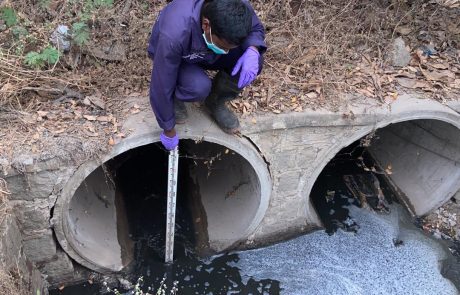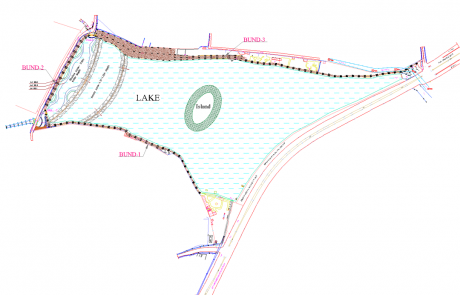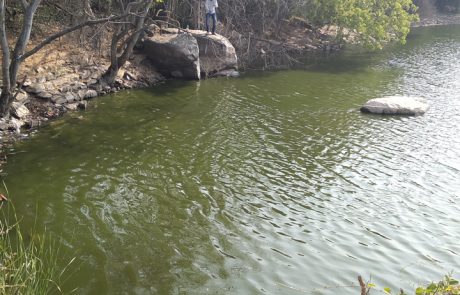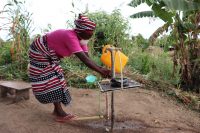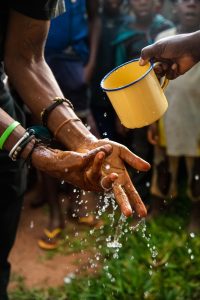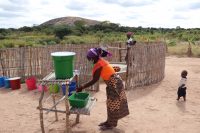Thank you for your vote in 2019!
With your vote you have decided on the distribution of the 55,000 Euro donation at the turn of the year 2019/2020!
The result of the voting is as follows:
- The BORDA e.V. receives 30,000 Euro
- The Ingenieure ohne Grenzen e.V. receives 15.000 Euro
- The Viva con Agua de St. Pauli e.V. receives 10,000 euros
Since handing over the donation checks at the beginning of the year, much has happened at the project sites in India, Uganda and Mozambique. As the end of a year always brings with it a look back, the report will now summarise the practical progress that has been made with the financial support of the HANSA-FLEX donation in 2020.
BORDA e.V. in India
The Indian city of Bangalore was once considered the ‘City of Lakes’. Due to massive pollution of the waters, however, it is now called the ‘City of the Burning Lakes’. For their project to regenerate four of the 700 lakes affected, BORDA was supported with a donation of 30.000 Euro.
In the past year numerous preparatory steps could already be taken: Water samples of the four lakes were taken and analysed, wastewater inflows into and outflows from the lakes were mapped, topographic surveys were carried out and the condition of the lakes was investigated. During the investigations, the city administration took over the administrative control of the lakes. The concept for a nature-oriented regeneration with the purpose of a step-by-step preservation and restoration of the biological diversity was presented to the city administration and was widely approved by it. In addition, the city administration has started to implement the proposed infrastructure projects. Therefore it is very likely that further rehabilitation plans will also be implemented by the municipal authorities in the future.
Ingenieure ohne Grenzen in Uganda
Since 2018 the poor rural population of the village Kako in Uganda has been living without medical care. The health center, founded in 1956, had to close down after its founder died.
Due to the donation of 15,000 Euros, much has already been achieved towards the reopening of the health center: The main building has now been renovated, a well has been drilled and an incinerator for hospital waste has been built. So the first construction phase is almost complete. Although all structural measures necessary for a reopening have been completed, the corona virus also caused delays at the construction site in Kako. For example, the required medical equipment donated by German hospitals could not yet be shipped to Uganda due to corona restrictions. According to Ingenieure ohne Grenzen, however, the transport is finally being prepared. It is expected that the health center will be able to open by the end of this year.
By 2021, the second construction phase is expected to begin: It will include the construction of new housing for healthcare personnel. Without these shelters, it will hardly be possible to keep medical staff in the countryside in the long term.
Viva con Agua e.V. in Mozambique
There was inadequate access to safe drinking water and basic hygienic standards in the provinces of Cabo Delgado and Nampula in Mozambique in Southeast Africa: Only 19% of the population had access to sanitary facilities, 30% to clean water, and some quarters were completely without water supply. As a result, the two provinces had the highest risk of disease in Mozambique.
With the donation of 10,000 Euros, Viva con Agua was able to achieve a lot in this region last year and improve the situation of the local people:
In the meantime, 7,500 people have access to sanitary facilities, as around 1,600 latrines have been built. In addition, three communities declared themselves as ‘open defecation free’ – this means that community members have agreed to use sanitary facilities instead of relieving themselves outdoors.
Washing hands also featured prominently in the Viva con Agua project. In addition to public information campaigns and hand washing demonstrations, 400 hand washing stations were also opened. The spread of the corona virus in this region has shown the significance of hand washing and has had a positive effect on the use of the stations. The demand for disinfectants also increased in the same manner. Viva con Agua promptly reacted and instructed the staff of health centers in the production of chlorine.
